Relationship Between C. G. Jung and Erich Neumann Based on Their Correspondence
$17.96
Description
With the rise of Adolf Hitler and the National Socialist Party in Germany, Erich Neumann, who had just finished his medical studies, was forbidden, as were all his Jewish colleagues, from completing his final practicum year and obtaining his medical degree. He took his small family and left Germany in 1933 to work with C. G. Jung in Switzerland. In 1934, young Micha and his mother immigrated to Palestine, and Erich followed them several months later. He established himself as a Jungian analyst and began writing in German about his Jewish experience and Jungian ideas, while keeping up a lifelong correspondence with Jung.
Micha Neumann, himself a psychiatrist, offers us a personal glimpse into the complicated relationship between his father, Erich Neumann, and C. G. Jung. Whereas Freud was the elder in his relationship with Jung, in the relationship between Jung and Erich Neumann, Jung was the elder.
Micha Neumann, who learned of the letters only after both his parents were gone, comments: “I remember how my father spoke about Jung, whom he adored and loved. When I read the correspondence between them, I could compare the father-son relationship between Jung and Neumann, which was very fruitful and positive, where Freud’s attitude toward his young disciple Jung was negative and castrating.”
Based on the letters of Jung and Neumann, which have been recently published, along with the impressions Micha Neumann gleaned from his parents, this book provides a framework for this correspondence and provides additional insight into a rich, personal dimension of their complicated relationship.
Author: Neumann, Micha
Topic: Biography / Autobiography
Media: Book
ISBN: 1630512192
Language: English
Pages: 86


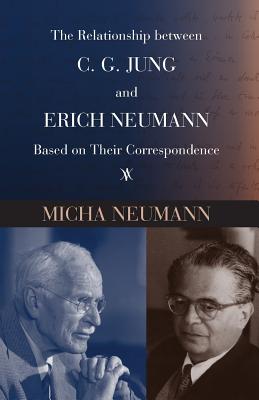
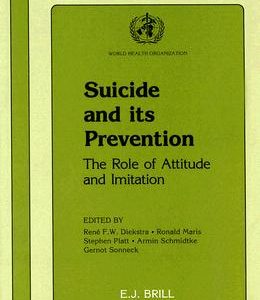


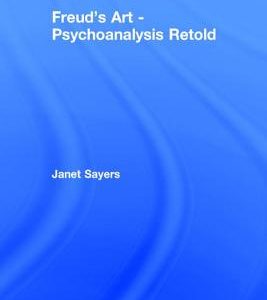




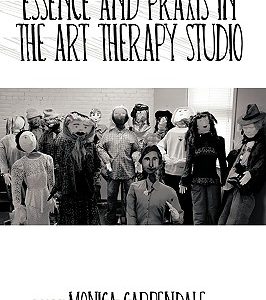
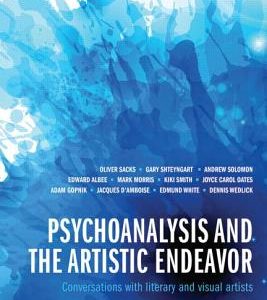


Reviews
There are no reviews yet.